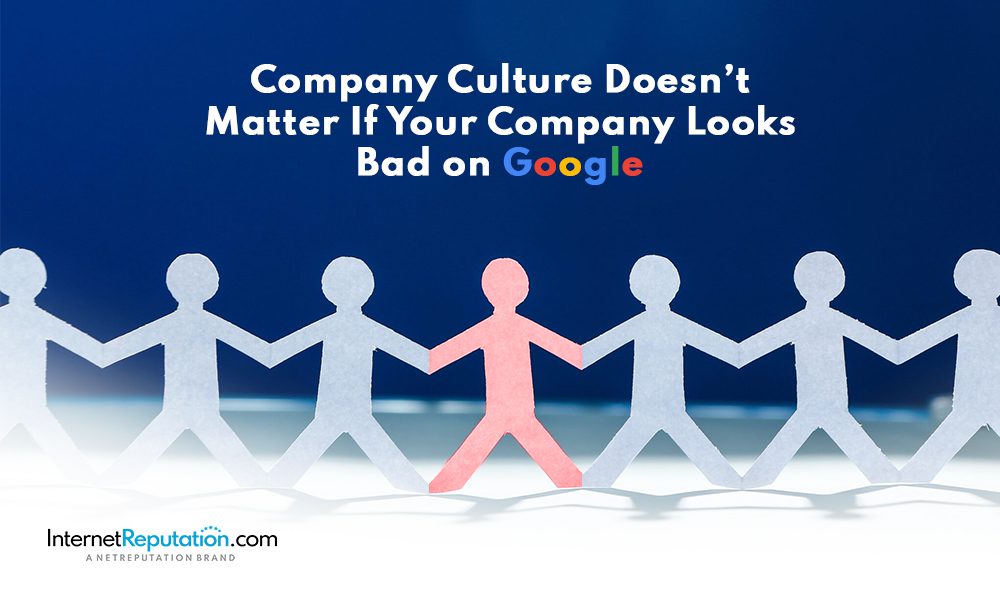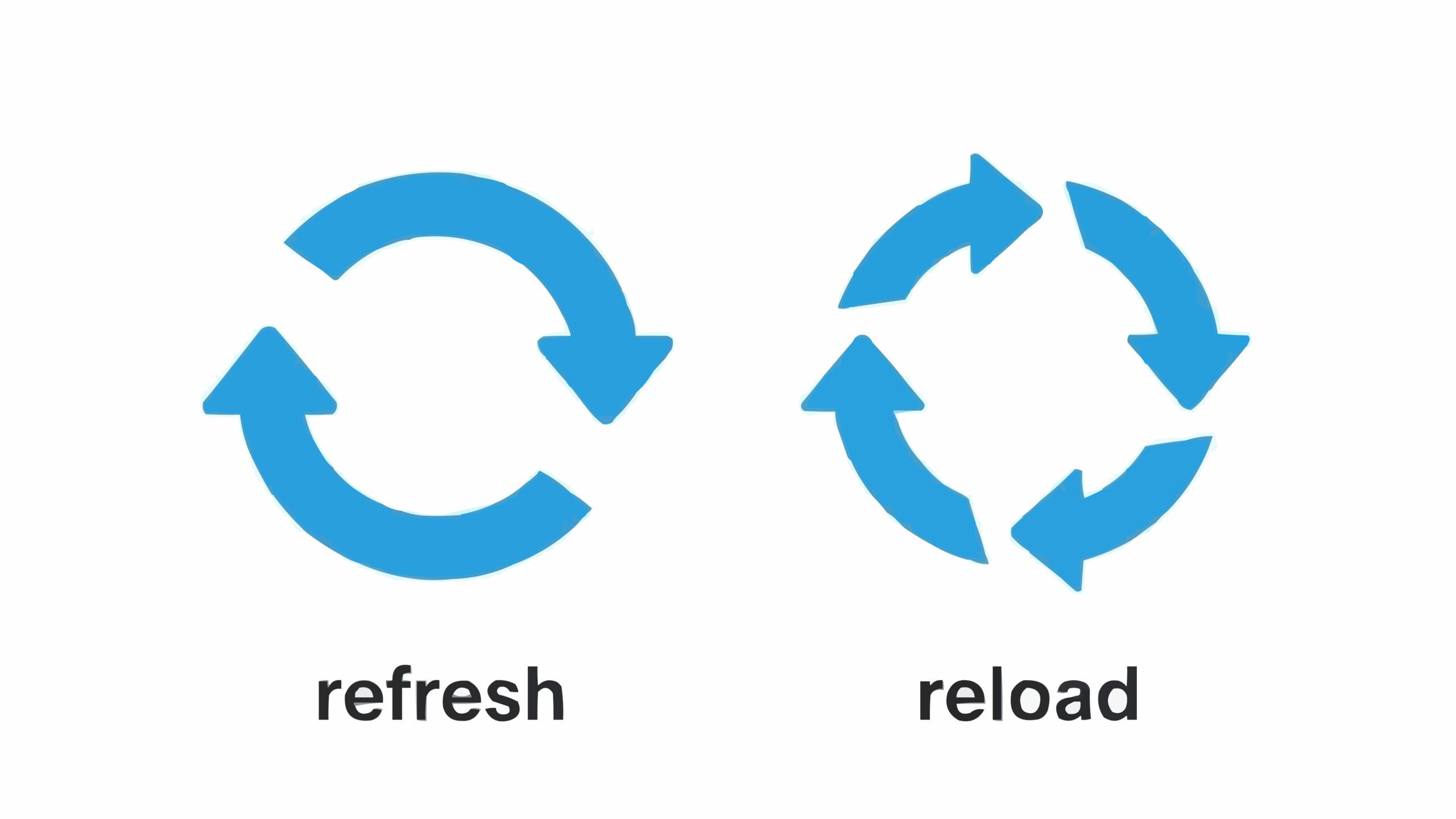Company Culture Doesn’t Matter If Your Company Looks Bad on Google

Your company may have a great culture where people feel heard, supported, and empowered. But if that culture isn’t visible online, it may as well not exist.
Company culture is more than a buzzword. It’s a key aspect of how your team interacts, how new employees are welcomed, how decisions are made, and how values are lived out day-to-day. Yet, in today’s digital-first world, even the most positive company culture can be overshadowed by a toxic online presence.
A quick Google search can make or break your reputation. Suppose a job seeker searches your business and finds outdated profiles, low reviews, or unresolved complaints. In that case, they’re likely to assume the worst, regardless of how strong your organizational culture actually is.
What Is Company Culture?
Company culture is the shared environment, expectations, and behaviors that define how employees work together and what it feels like to be part of your team. It includes your company values, leadership style, collaboration habits, and even how success is recognized.
There are different types of cultures: clan culture emphasizes community and strong relationships, adhocracy culture prioritizes innovation and new ideas, market culture is goal-oriented and competitive, while hierarchy culture thrives on structure and consistency.
Whatever your type, what matters most is that your organization’s culture is intentional, healthy, and aligned with your business success goals.
Why Culture Matters More Than Ever
A strong company culture is the backbone of employee engagement, satisfaction, and retention. It gives people a sense of belonging, connects them to the company’s mission, and motivates them to give discretionary effort—that extra energy people bring when they care deeply about their work.
But great company culture isn’t something you claim to have—you must consistently build, support, and reflect across every platform, including Google.
Without a visible, trustworthy reputation online, your internal efforts risk being ignored or misunderstood.
What Makes a Strong Organizational Culture?
1. Shared Values and a Clear Mission
Your company’s core values guide decision-making and define what matters. When employees feel connected to those shared values, they align more easily with leadership and one another. These values should be more than a poster in the break room—they should guide daily operations, hiring practices, and annual performance reviews.
2. A Positive Work Environment
A positive work environment isn’t about beanbags or fancy coffee machines—it’s about creating space where team members feel safe, heard, and motivated. This includes physical comfort, emotional safety, open communication, and support from leadership.
3. Opportunities for Growth
Providing professional development and employee development opportunities—through mentoring programs, career training, or performance management systems—signals that you care about your team’s personal growth and output.
Organizations with healthy cultures know that empowering employees through learning leads to greater innovation and retention.
4. Recognition and Respect
Mutual respect is the foundation of every strong culture. When employees feel valued—whether through verbal recognition, financial rewards, or team-building activities—they are more likely to stay, contribute, and grow within your organization.
When a Positive Culture Is Undermined by a Bad Online Reputation
Here’s the problem: even an outstanding company culture can be derailed by what people see online.
If your Google Business Profile has low ratings, unanswered reviews, or incomplete info, it can undermine everything you’ve built. A prospective employee might love your company values. Still, if they see repeated complaints about management or read Glassdoor reviews describing a toxic company culture, they’ll hesitate to apply or accept the offer.
It Damages Trust
Even your current employees may question your leadership if negative perceptions go unaddressed. This can cause them to disengage or quietly exit, despite being happy internally.
It Affects Recruiting
Top talent wants to work for companies with a healthy culture and public image. If your online presence doesn’t reflect your great culture, you’ll lose them before they even apply.
It Impacts Morale
When employees are proud of their workplace, they talk about it. But if they’re embarrassed by what others see online, they’ll disengage—and stop referring friends or advocating for the brand.
How to Align Culture With Online Reputation
1. Claim and Manage Your Online Profiles
Ensure your Google Business Profile is fully updated, with correct work hours, a verified address, clean photos, and accurate contact information. This is the first place job seekers and customers will look.
Use Google Posts to share culture committee events, community impact stories, or new professional development opportunities.
2. Respond to Reviews—Always
Negative feedback doesn’t define your company, but silence does. Whether on Google, Glassdoor, or Indeed, respond with transparency and care. Show that your organization’s culture includes accountability and growth.
3. Share Your Culture Online
Celebrate employee experience in real-time. Highlight your team members, discuss employee engagement wins, and show off your positive culture through blog posts, videos, and behind-the-scenes social media content.
Happy employees are your best marketers.
4. Listen and Adapt
Use employee surveys, regular check-ins, and even exit interviews to understand your current culture. Then, act on that feedback. When employees see that their input leads to change, they trust the culture even more.
Final Thoughts: You Can’t Afford the Disconnect
A good company culture is essential, but it must be supported by a reputation that reflects it. If what you show the local community and the wider internet doesn’t align with the experience inside, people will notice and make decisions based on that disconnect.
To improve your company from the inside out, you must:
- Build a positive culture
- Celebrate it publicly
- Protect it online
Because your next customer, your next hire, and your company’s next big opportunity all start with a search. And what they see matters.


